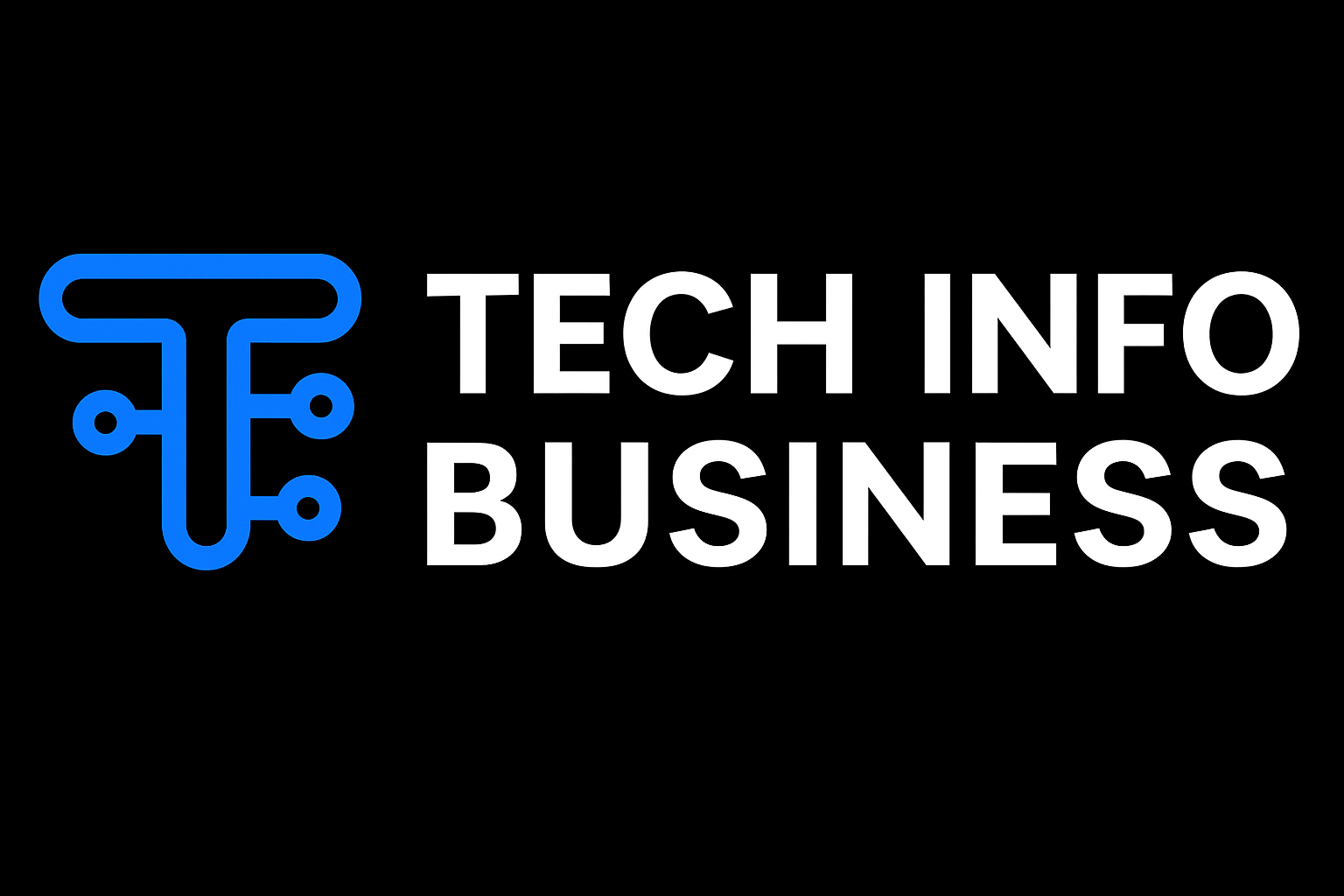SEO stands for Search Engine Optimization. It is one of the most important digital strategies for growing your website traffic and increasing visibility. Whether you run a blog sell products or share knowledge SEO helps your content reach the right people by making it discoverable on search engines like Google or Bing.
In today’s fast-paced digital world SEO is more than just adding keywords to your website. It is about creating a user-first experience delivering quality content and following modern guidelines that keep your site in front of the competition. This guide will help you understand SEO from the ground up including how it works why it matters and how you can apply it in 2025.
What Is SEO?
SEO is the process of improving your website so that search engines understand it better and show it to users who are looking for related information. Search engines use crawlers to explore your pages then index them so they appear in search results. Your goal is to show up when someone searches for something related to your brand or offer.
If done right SEO helps your site appear on the first page of search results. That means more people find you which leads to more traffic more trust and more conversions. This process involves keyword targeting content optimization user experience improvements and many technical steps that make your site easier to read and rank.
Why Is SEO Important?
Every second millions of people search the web for answers. They may be shopping for a product asking a question or exploring new ideas. If your site is not optimized it will not show up when these users are looking for what you offer.
SEO gives you a competitive edge by putting your content in front of real people with real intent. It does not matter if your website is for a small local store or a global business. If people use search engines to find information then you need it.
How Does SEO Work?
It works by following rules and best practices that search engines use to rank content. These include relevance page speed content quality backlinks user experience and technical site structure. The better your site meets these rules the higher it ranks in results.
Search engines crawl your site using bots. These bots look at your content structure images and links. Once they index your site they compare it to other sites to decide where it should appear in search results.
It is not a one-time task. It needs ongoing effort research and adjustments. You have to update old pages add new content and fix technical problems regularly to maintain your rankings.
Types of SEO
There are different types of SEO based on what part of your site you want to improve.
1. On-Page SEO:
This is about optimizing individual pages. It includes writing helpful content using proper headings placing keywords naturally adding alt text to images and improving readability.
2. Off-Page SEO:
This focuses on building trust and authority. The most common method is link building which means getting other reputable websites to link to your site. This shows search engines that your content is valuable.
3. Technical SEO:
This deals with your site’s backend. It involves improving site speed fixing crawl errors using structured data having a mobile-friendly design and ensuring good security.
4. Local SEO:
If your business serves a local area you need to optimize for local search. This includes creating a Google Business Profile getting reviews and ensuring your name address and phone number are consistent online.
SEO vs SEM vs PPC
It is important to understand the difference between SEO SEM and PPC. These terms are often confused.
- SEO is about earning traffic from unpaid or organic search results.
- PPC stands for pay-per-click which means buying traffic through ads.
- SEM is a broader term that includes both SEO and PPC.
While PPC can give you instant results it stops the moment you stop paying. SEO may take longer to show results but it builds long-term value and sustainable growth.
Modern SEO Trends in 2025
The SEO landscape is always changing. Here are a few trends that define SEO in 2025:
1. AI and Machine Learning:
Search engines use artificial intelligence to understand content better. Your content should be written clearly with natural language that answers specific questions.
2. Voice Search Optimization:
With more people using voice assistants search queries are becoming longer and more conversational. Optimizing for voice means targeting question-based phrases and local intent.
3. Mobile-First Indexing:
Google prioritizes mobile versions of websites. Make sure your site looks good and loads fast on phones.
4. Search Experience Optimization:
This is a new way to think about SEO. It is not just about search engines. It is about creating a full experience that helps users find what they need and enjoy their time on your site.
Best Practices for Successful SEO
To make the most of SEO in 2025 you need to follow best practices that align with search engine rules and user behavior:
- Create content that answers user questions
- Use relevant keywords but do not overstuff
- Build strong internal links between your pages
- Get backlinks from trusted websites
- Keep your design clean and easy to navigate
- Make sure your website loads fast on all devices
- Update old content to keep it relevant
- Track your performance using tools like Google Analytics
These practices help your site grow steadily without depending on short-term tricks.
How to Get Started With SEO
If you are new to SEO start by doing a site audit. Check your current pages for issues like slow speed broken links or missing meta tags. Then research keywords related to your niche and build content around them.
Use tools like Google Search Console to monitor how your site performs in search results. Look for which pages bring the most traffic and which ones need improvement.
If it feels overwhelming you can work with professionals who specialize in it. They can help you create a long-term strategy based on your goals.
Final Thoughts
SEO is not a quick fix. It is a long-term investment in your website’s success. By focusing on what users want creating helpful content and keeping your site technically sound you can build a strong presence in search results.
As search technology evolves SEO becomes more important. The sites that adapt grow. The ones that stay stuck fall behind.
Now is the time to take your SEO seriously. With the right strategy and ongoing effort your site can rise to the top and stay there.
See Also: Your Topics Multiple Stories – Share Real Voices & Insights


